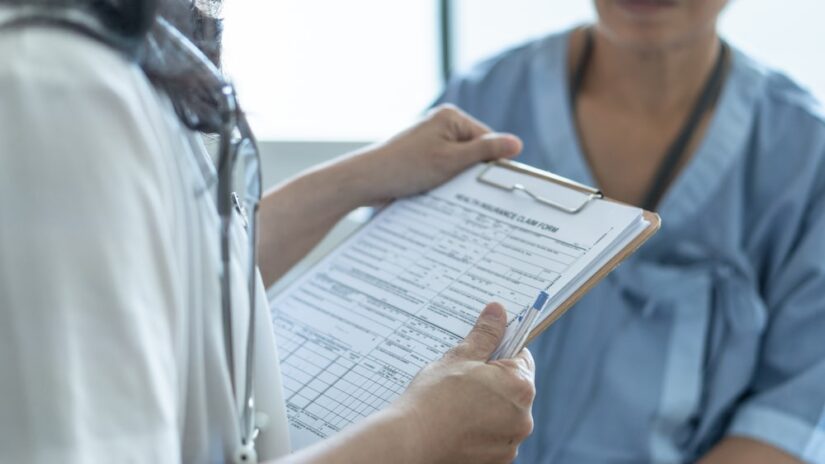
If you are concerned about how a car accident might affect your insurance costs, you are not alone. It is quite common to have an accident and find out soon after that your auto insurance premiums are going up. This is the industry norm and makes sense if you caused the accident. But is there a way to prevent this? And what if you are not at fault? Let’s find out.
Why an Accident Increases Your Premiums
The yearly cost of full-coverage car insurance in California falls between $1,800 and $2,500, but this figure largely depends on where you live and your driving history.
Insurance companies look at a few key factors when they decide your premium, which is the amount you pay for your insurance. They take into account your age, how much you usually drive, and any past driving offenses or tickets. Another important element is your accident history, especially if you were mainly responsible for the accident.
Getting car insurance is like making a contract with the insurance company. You agree to pay a set amount each year, and in return, they promise to cover costs if you have an accident.
The idea here is about risk. Every time you have an accident and it is proven that you were to blame for it, it signals to the insurer that you are a very high-risk customer. To adjust for this enhanced level of risk, the company ups the amount you have to pay. When you cause a crash, you can expect your insurer to increase your insurance rate by 40-50%.
If you’re found at fault in an accident, your insurance company may consider you a higher risk, leading to significant rate increases. Understanding your policy and rights is essential. Speaking with an experienced car accident lawyer can help protect your rights and minimize these consequences.
What If the Accident Was Not My Fault?
The good news is, California is an “at-fault” state, so if you are not responsible for the crash, your premiums will most likely not go up. The law protects drivers in these situations and insurers are not allowed to raise your rates if you do not share any blame.
However, there are exceptions. If you are found to be partially at fault, or if you have had multiple accidents in a short period, even if they were not your fault, your insurer might consider increasing your premium. Also, if the accident leads to a legal or insurance claim against you, it could affect your rates.
Take These Steps For Preventing Insurance Premium Increase After Accident
Understand California’s fault system
The term “at-fault state” means that in California, the driver who caused the accident bears the financial responsibility. This is only possible by building an evidence-back personal injury claim and proving liability of the negligent party. This is why you should consider working with an experienced car accident attorney.
Your attorney will record witness statements, gather footage from surveillance cameras nearby, and may consult with accident reconstruction and crash avoidance technology experts to help establish the facts of the case.

Understand your policy’s accident forgiveness clause
“Accident Forgiveness” is a feature offered by some insurance companies that essentially forgives your first at-fault accident, i.e., it would not impact your premium rates.
If your policy includes accident forgiveness and you know you were the one responsible for the crash, your car insurance will remain the same as before. Knowing whether you have this clause in your policy can guide your next steps.
File a claim with the at-fault party’s insurer
If you live in California, you can file a claim directly with the insurance company of the driver who caused the crash. This is known as a third-party claim. By filing a claim directly with their insurance, you can bypass your own insurer and avoid a claim record on your policy, which could otherwise increase your premium.
If the other driver is clearly at fault, their insurance should cover your damages up to their policy’s limits. They will, of course, investigate the accident to determine their policyholder’s liability. So, make sure you have all the key evidence (police report, medical reports, photos of the accident scene, witness statements, etc.) ready to support your claim.
Consider small claims court
If you were not injured and there was minimal damage to your vehicle, using the small claims court in California may be an option. You can consider this option if the other party’s insurance company denies their client’s fault in the accident and you disagree.
If you win, the judgment could order the at-fault party’s insurer to compensate you for the damages. Your insurer would not need to pay out a claim on your policy, which will help in avoiding insurance rate increase after an accident.
Get Strong Legal Representation from Experienced Personal Injury Attorneys
If you or a loved one has suffered injuries in a car accident, the dedicated personal injury lawyers at Maho Prentice, LLP have the skills, resources and experience to prove liability of the defendants and maximize your compensation. Give us a call at 805-962-1930 or contact us online to have your case evaluated by our personal injury lawyers for free.